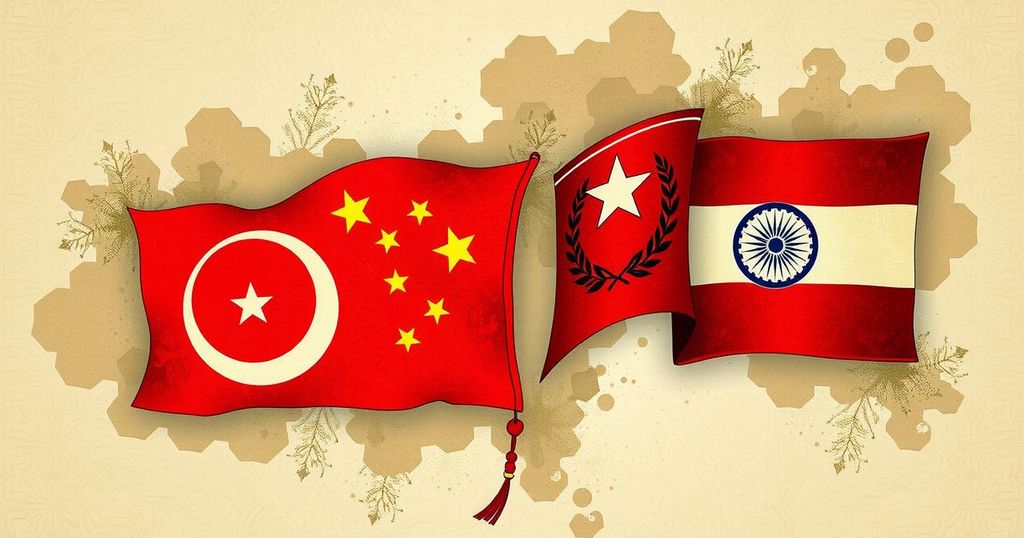Enhancing Cultural Exchanges to Resolve Ambiguity in China-India Ties
Zhang Jiadong of Fudan University urges China and India to enhance cultural exchanges to bridge the perception gap caused by insufficient interpersonal interactions. He identifies this disconnect as a source of ambiguity and uncertainty in their relationships and advocates for increased people-to-people engagement.
A prominent Chinese scholar, Zhang Jiadong, director of the South Asian Studies Centre at Fudan University, emphasizes the importance of enhancing cultural exchanges between China and India. He notes that the existing level of people-to-people interaction is significantly insufficient when one considers the stature of both nations. This lack of communication has led to considerable “ambiguity and uncertainty” in the mutual understanding of each country. Zhang argues that increased cultural and interpersonal interactions are essential to overcoming these challenges, ultimately fostering better bilateral relations.
The relationship between China and India has historically been complex and fraught with challenges, particularly due to border disputes and differing geopolitical interests. Both nations represent significant regional powers in Asia and share a long history that impacts their current political, economic, and cultural interactions. Experts suggest that enhancing cultural ties could serve as a remedy to reduce misperceptions and tensions that have plagued diplomatic relations over the years.
In conclusion, fostering cultural exchanges between China and India is paramount for reducing misunderstandings and building stronger ties. As articulated by Zhang Jiadong, enhancing interactions between the people of both nations could lead to improved relations, alleviating the existing ambiguity and uncertainty that hinder cooperation. Strengthening these cultural bonds may pave the way for a more stable and mutually beneficial partnership.
Original Source: www.scmp.com








Post Comment